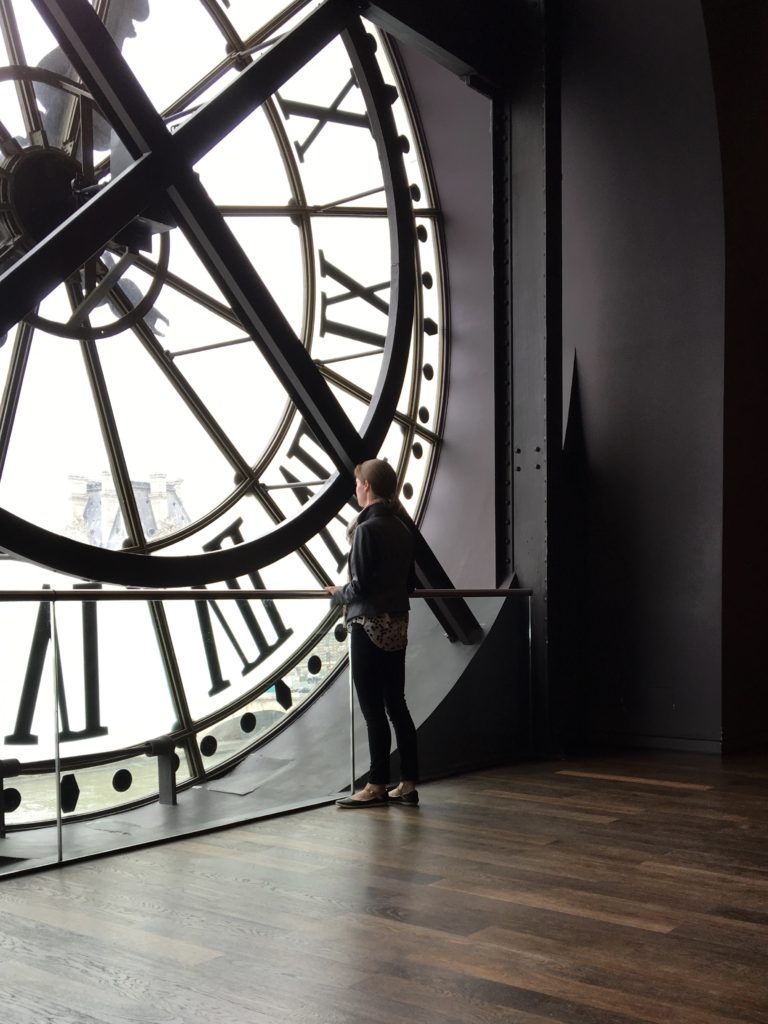
Photo: Mary van Balen
In a recent letter, a Trappist monk who has been my friend for decades, wrote this to me: “It is a special time to be living and praying…” This simple phrase immediately went to my heart. It seemed true, with a depth of meaning I would lean into in the days ahead.
My friend is right. These are difficult times with crises on multiple fronts: coronavirus, political upheaval, racism laid bare, climate change, anger, fear, distrust, hatred.
He could have written that these are terrible times to be living through, dangerous and scary—also true. But he didn’t. He said they were special times to be living and praying. The power of that phrase lies in its implication of responsibility. We are living now, in the midst of national and global turmoil and a once in a century pandemic. And because we are here, we are the ones who must do something about it. Living and praying deeply.
The author of Ecclesiastes writes that all is vanity. That there is nothing new under the sun. That what is now has been before and will be again. It’s the long view of human history, and in many ways, it is true. Strife and struggle have always been part of life. Our time on the earth is short. When death comes, the world continues to turn, as impossible as that seems in the midst of fresh, anguished grief.
Yet, here we are. Living. With choices to make, in this particular time in history. Choices, big and small, that will, for good or ill, make a difference. The fate of humanity, of this earth, is not written in the stars, something pre-determined that we watch come around and go away and come around again. The incarnational aspect of our faith says differently. We are not bystanders; we are partners in bringing the kingdom.
Every person makes a difference. Each one has the call, the gift, to transform the world in some way by being faithful to and sharing the bit of Divinity that lives within. Every act or omission matters.
Ecclesiastes also says there is a time for every thing under the heavens: to be born, to die; to plant, to harvest; to weep, to laugh. The list is long.
What is it time for, now? What do these days demand? What cries out from that biblical list? A time to heal, a time to build, a time to gather stones together. It is a time to discern what to keep and what to cast away – there is much that needs to be cast away. It is not a time to be silent. It is a time to speak. And surely it is time to love in the midst of hate.
And how will we help these things happen?
My friend’s deceptively simple words suggest living and praying. Not in a superficial way. Living actively in the moment. Praying with our actions. But also finding strength in prayer that connects us to the Presence of Love within that sustains and does the heavy lifting.
To authentically live and to pray in these times is challenging. Again, some biblical wisdom:
Paul writes to the community of Corinth about eating meat that had been sacrificed to idols. In the U.S., not something we deal with every day. (Though what modern “idols” do we worship that demand the sacrifice of lives and health of “essential workers” who harvest our food and process our meat?)
Paul says, “I will never eat meat again, so that I may not cause my brother to sin.” It’s not his response to a dilemma of his age that speaks to me; it’s his reason – a profound love and concern for the other and the willingness to sacrifice some part of his own comfort for them.
Again, this time to the Philippians, Paul writes of putting others first: “Do nothing out of selfishness or out of vainglory; rather humbly regard others as more important than yourselves, each looking out not only for their own interest, but also for those of others.”
And, of course, the life of Jesus, who gave everything he had, even his life, showing us what Love looks like.
My friend’s words have become questions: How will I live? How will I pray, in this special time?
© 2020 Mary van Balen
Pray as though everything depended on God. Work as though everything depended on you.
St. Augustine
